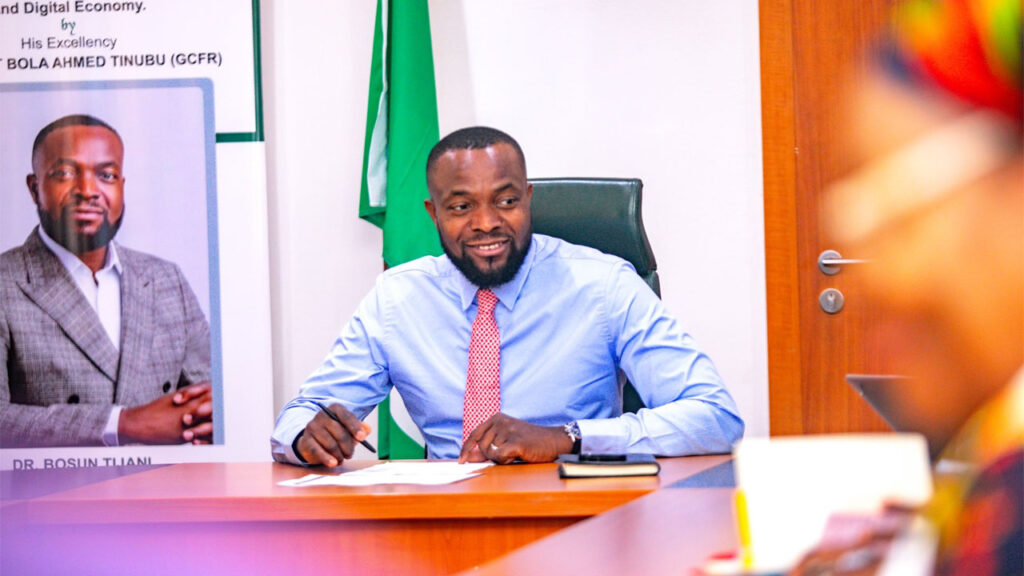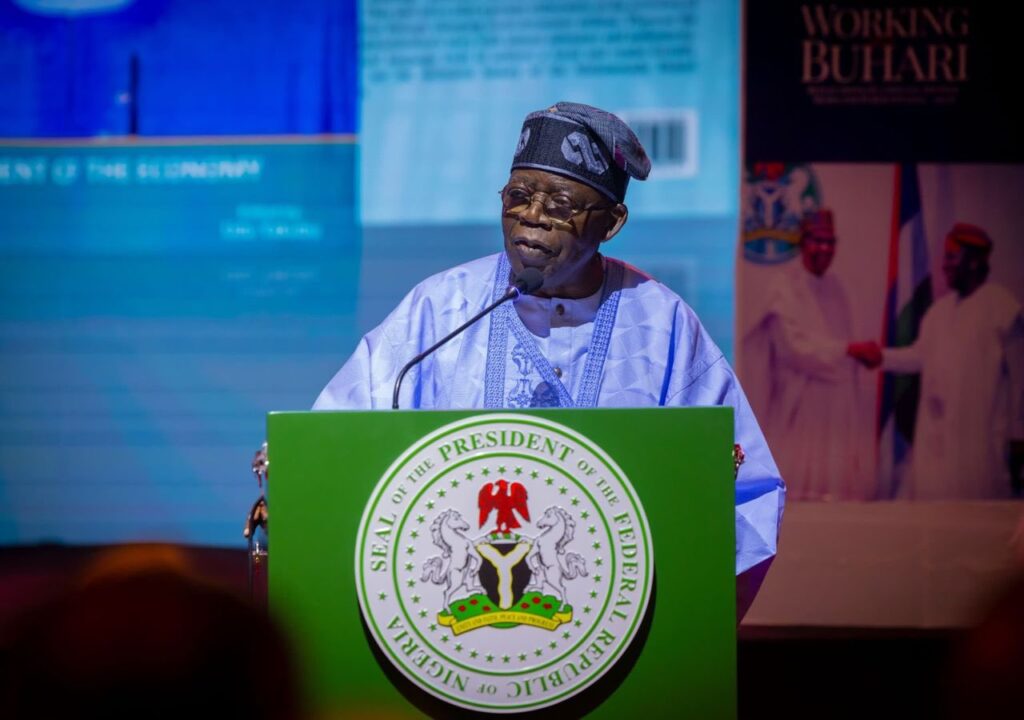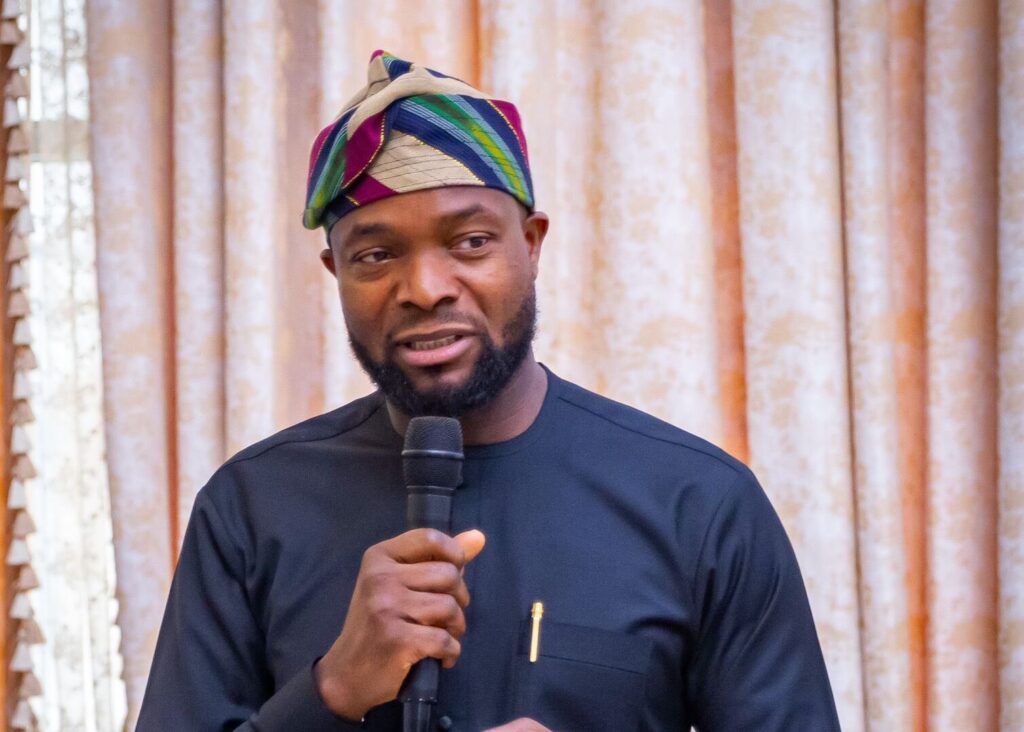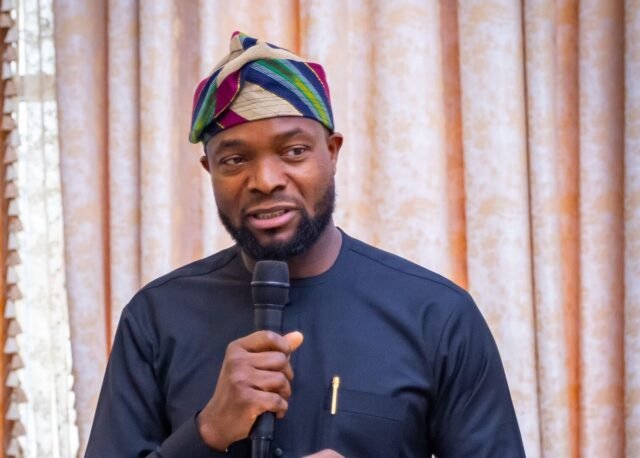In a nation brimming with potential, the clarion call from the Director-General of the National Information Technology Development Agency (NITDA), Dr Kashifu Inuwa, was loud and clear: Artificial Intelligence (AI) is central to Nigeria’s pursuit of a $1-trillion economy. At a recent Economic Confidential Lecture held in Abuja on August 28, 2025, Dr Inuwa underlined that AI is not merely an optional tool—it is a foundational pillar for national transformation. His address wasn’t laced with rhetoric; it came with compelling metrics: if harnessed properly, AI could automate as much as 30 per cent of existing tasks, which in turn could unlock around 20 per cent GDP growth.
Delving deeper, Dr Inuwa painted a picture of a nation at a crossroads—one with vast human and resource capital, yet one that must ensure its people adapt and evolve. “AI is not meant to replace humans but to empower them, enhancing productivity in academia, agriculture, and business,” he stated, reinforcing that empowerment over displacement is the driving mantra. Given Nigeria’s history of lagging behind during earlier industrial revolutions, the message was urgent: this is our moment in the Fourth Industrial Revolution.

Table of Contents
The Numbers Talk — From Theory to Tangible Growth
Numbers have a language of their own, and Dr Inuwa spoke it with clarity. With Nigeria’s GDP exceeding $348 billion, a 20% performance boost would yield over $70 billion annually. Looping in more conservative estimates, other analyst projections go even higher—pointing to as much as $140 billion in annual gains if productivity increases are fully realised.
What sets this vision apart is that it isn’t speculative. AI, with its promise of automating repetitive tasks, freeing up time, and optimising outputs, speaks in measurable economic uplift. “Those who fail to upskill will be replaced. Nations leading in AI will lead the world,” Dr Inuwa warned—a sobering reminder that Nigeria’s window to leapfrog is open, but narrow.
Other voices in the tech-economic sphere have echoed the same theme: AI is no longer optional—it’s essential. Cutting-edge deployments, capacity building, and the fast adoption of AI across sectors are the real differentiators between being left behind and leading the continent.

From Classroom to Farm — Where AI Can Truly Serve Nigerians
The beauty of this AI-led journey is its inclusivity. Dr Inuwa emphasised that AI should empower every Nigerian, not just the tech-savvy elite. In practical terms, that means efforts to connect the unconnected, open up access to technology, and facilitate learning across rural and urban divides.
Consider the classroom, where teachers can use AI-driven tools to personalise learning. Think of healthcare, where AI can assist diagnostics and resource planning. Picture agriculture, where farmers use AI-powered platforms to predict planting cycles or monitor crop health. The message is loud and clear: AI can be the equaliser, democratizing growth across sectors.
What’s more, Dr Inuwa called for a rebasing of Nigeria’s macroeconomic metrics to reflect the growing digital footprint. He urged the National Bureau of Statistics (NBS) to innovate how ICT’s contribution to GDP is measured—because, as he put it, “there is nothing like digital economy standing on its own; digital is a tool that can power our economy.”
Policy, People, and Progress — Mapping Nigeria’s AI-Powered Future
Building a $1-trillion economy isn’t a ceremony—it’s a strategy. It requires bold leadership, policy clarity, and investments in skills and infrastructure. Nigeria’s leaders are listening. The tech ecosystem—backed by policy think-tanks, private sector actors, and global development partners—is coming together to shape a coherent path forward.
Strategic events like GITEX Nigeria—scheduled for September 1–4, 2025 across Abuja and Lagos—are set to galvanise this energy. Spearheaded by the Federal Ministry of Communications, Innovation and Digital Economy in collaboration with NITDA, the summit will bring together global tech giants like IBM, Meta, and MTN to work closely with Nigerian stakeholders on AI infrastructure, talent, and innovation.
The AI ambition also aligns with national training programmes—such as the 3 Million Technical Talent (3MTT) initiative—aimed at equipping millions of Nigerians with high-demand skills like AI, data science, cybersecurity, and cloud computing by 2027. These schemes are not just about headcount; they symbolise the belief that Nigeria’s youthful population is its strategic advantage.
Beyond skills, transparency and governance matter. Cybersecurity, data ethics, and digital inclusion are essential pillars—without public trust, AI’s promise can quickly become peril. NITDA remains firm in embedding a people-first, inclusive approach as Nigeria charts its AI-powered journey.

Conclusion: A Journey, Not Just a Goal
There’s boldness in aiming for a $1-trillion economy, and there’s courage in declaring that AI will be central to achieving it. But beyond the numbers and ambitious targets lies something equally powerful: an opportunity to reshape Nigeria’s future on its own terms.
Dr Inuwa’s clarion call isn’t merely technocratic—it’s profoundly human. If harnessed ethically, equitably, and inclusively, AI becomes a tool for empowerment—uplifting every sector and every citizen. For Nigeria, this isn’t just about joining the Fourth Industrial Revolution; it’s about leading it.















![Trailblazing Chef Hilda Baci Set to Cook 250 Bags of Rice in Daring Attempt to Break Record for World’s Biggest Jollof Pot [VIDEO] Hilda Baci](https://naijaeyesblog.com/wp-content/uploads/2025/09/hilda-1-180x135.avif)
























